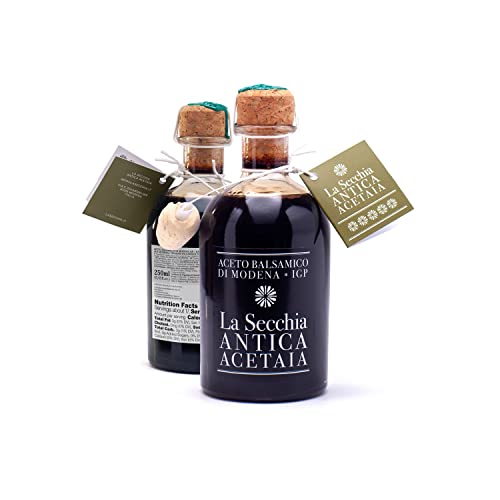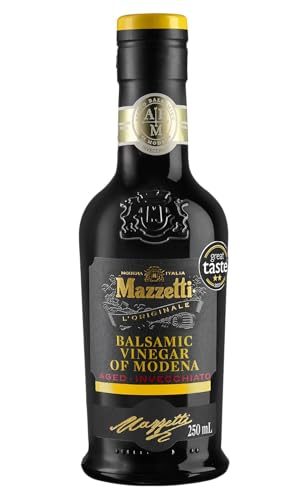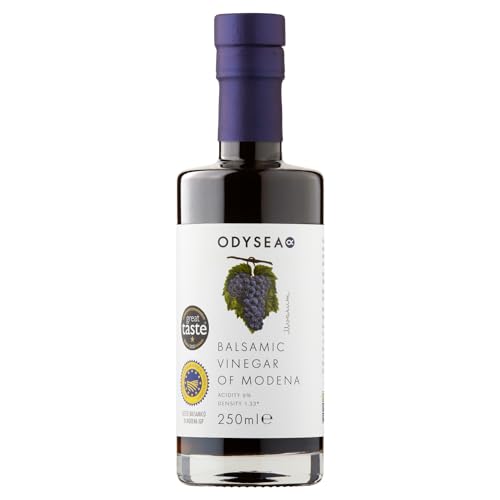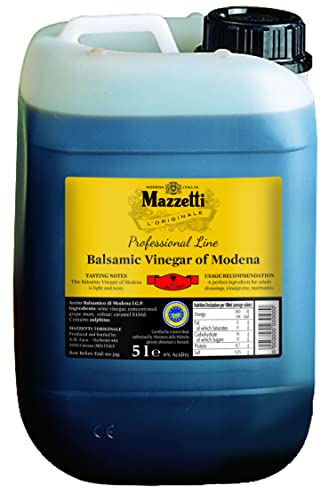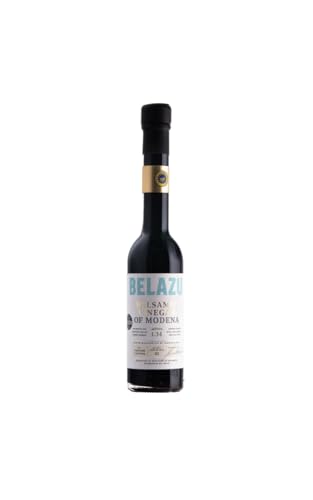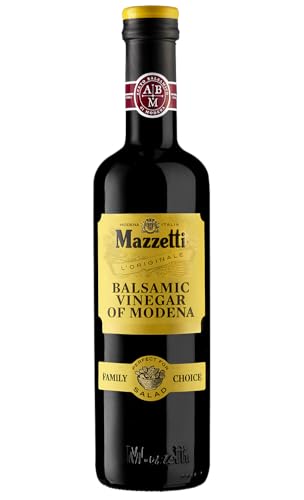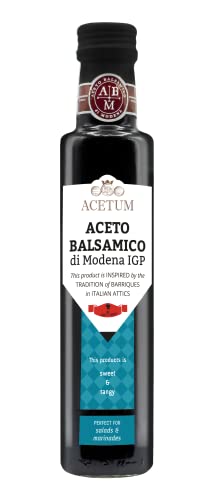Understanding Balsamic Vinegar: What Makes It Special
The Essence of Balsamic Vinegar
Balsamic vinegar is much more than just a dressing for salads; it’s a culinary treasure from Italy, known for its rich, complex flavour profile. Originating from Modena, traditional balsamic vinegar is made from the juice of freshly crushed grape must, which is then aged in wooden barrels over several years. This aging process gives it a depth of flavour that can range from sweet and syrupy to tangy and crisp. When we enjoy balsamic vinegar, we’re not just adding a condiment; we are enhancing our dishes with a gourmet ingredient that has been cherished for centuries.
The Aged Tradition
The special quality of balsamic vinegar lies in its ageing process. The longer the vinegar is aged, the more intricate its flavour becomes, often developing notes of figs, cherries, or even chocolate. It’s common for traditional balsamic vinegar to age for a minimum of 12 years, with some premium varieties lasting for 25 years or more. This aging transforms the vinegar, making it a versatile ingredient for both cooking and drizzling.
Types of Balsamic Vinegar: Choosing the Right One for Your Needs
Traditional vs. Commercial Balsamic Vinegar
When we look at balsamic vinegar, we can choose between traditional and commercial varieties. Traditional balsamic vinegar is produced using strict methods governed by history and experience. It’s often labelled as ‘Aceto Balsamico Tradizionale’ and can be quite expensive due to the lengthy ageing process. In contrast, commercial balsamic vinegar, typically found in supermarkets, is more affordable and made from a blend of grape must, wine vinegar, and sometimes caramel for colour. While commercial varieties are great for everyday cooking, traditional balsamic is reserved for special occasions.
Different Flavours and Concentrations
Balsamic vinegars also come in various flavours and concentrations. Some are infused with ingredients like fig, raspberry, or even herbs. These varieties can add unique twists to your recipes, allowing for experimentation in the kitchen. Depending on whether you prefer a sweeter or more acidic taste, you may want to select a specific flavour or concentration to enhance your dishes.
How to Use Balsamic Vinegar: Simple Recipes and Pairing Ideas
Versatile Culinary Uses
Incorporating balsamic vinegar into your meals can be both easy and enjoyable. A simple vinegarette can be made by mixing balsamic vinegar with olive oil, salt, and pepper to dress fresh salads or drizzled over grilled vegetables. For a quick snack, try pairing balsamic vinegar with fresh strawberries or a dollop on a creamy cheese like mozzarella or ricotta—this creates a delightful balance of flavours.
Cooking with Balsamic Vinegar
Balsamic vinegar shines in cooking as well. Use it to marinate meats like chicken or pork before grilling; it not only tenderises the proteins but also adds a beautiful glaze when cooked. Another fantastic way to use it is in reductions—simmer balsamic vinegar until it thickens and becomes syrupy, then drizzle it over roasted vegetables or even desserts for a gourmet touch. The possibilities are nearly endless!
Key Factors to Consider When Buying Balsamic Vinegar
Read the Label
When shopping for balsamic vinegar, we should always check the label carefully. Authentic balsamic will mention ‘grape must’ as the primary ingredient. If the label lists wine vinegar as the first ingredient, it’s likely a commercial version and may not deliver that rich depth we’re looking for. Opt for higher-quality products that note the ageing process, as this will give us insights into flavour complexity.
Price vs. Quality
We might also consider our budget when choosing balsamic vinegar. While traditional varieties can be pricey, we don’t necessarily have to break the bank for a quality commercial version. Generally, higher-priced vinegars offer better flavour and quality compared to cheaper options. Investing a little more in a good balsamic vinegar ensures we are adding a versatile and high-quality ingredient to our kitchen.
Our Top Picks: Recommendations for Every Budget
Affordable Options
For those of us on a budget, we recommend exploring brands that offer decent quality at a lower price point, such as some well-known supermarkets’ own brands. These options usually provide satisfactory taste and versatility for everyday cooking without compromising too much on quality while making balsamic vinaigrettes or marinades.
Premium Choices
If we’re looking to indulge, brands that produce traditional balsamic vinegar offer rich flavours that can elevate any meal. These can be slightly more difficult to find but look for artisanal producers, which can often be found in specialty food shops or online. A bottle aged for 12 years or more will serve as an impressive addition to any culinary enthusiast’s pantry.


